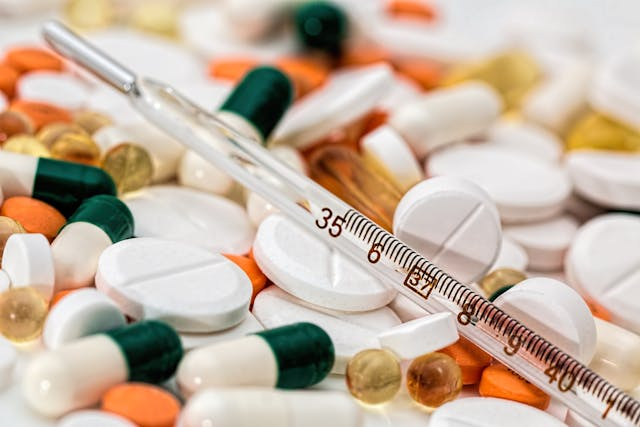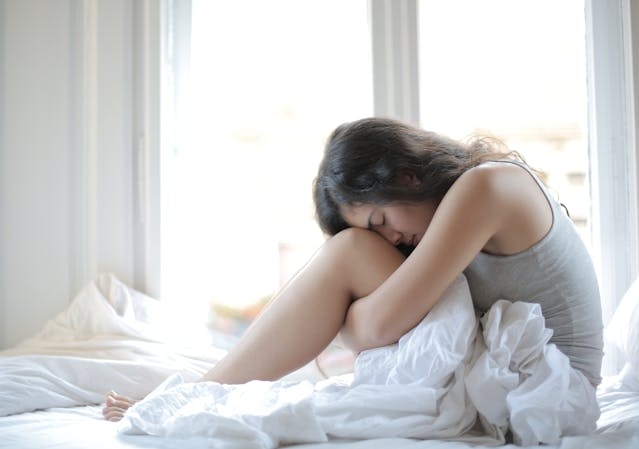
Is Diverticulitis Serious for Patients? What's the Treatment?
Time to read 3 min
Time to read 3 min
Yes, diverticulitis can be a serious condition, requiring hospitalization when there is severe pain. You can also experience mild diverticulitis which may be treated at home. However, you should visit a specialist and get the tests done to start your treatment.
When asking is diverticulitis serious or not, you should check your medical history and your risk factors. You should also review whether you have other secondary conditions that could impact your GI and your overall system. You can consult with a specialist about managing an infection and under what circumstances is hospitalization required.
Diverticular disease can be serious in the event that you're at a higher risk of complications. If you have a chronic condition, or a family history of diverticular disease then your risk factor rises significantly. You would have to follow a strict diet, track your symptoms, and get the right treatment that can help with managing the condition long-term.
If you're not following a diverticular disease diet, then your risk factor rises. Diverticulosis and diverticulitis can be managed in some cases by starting with a liquid diet (under medical observation) for a few weeks and then opting for a high fibre diet.
It is important to know what are the symptoms of diverticular disease so that your symptoms can be tracked long-term. If your immune health is compromised or you experience fevers and colds more often, then this could be a risk factor for the management of diverticulitis.
A low fibre intake in your diet, can lead to conditions such as diverticular disease as there may be issues with movement of stool in your colon. Of the many reasons behind diverticular disease, a low fibre diet is viewed as one of the critical reasons.
Many of the symptoms of diverticulitis can include pain in the side of your abdomen, issues with stool movement, and bloating. These can exacerbate chronic conditions, especially those that involve immune health.
These are some of the main treatment protocols for diverticulitis. You should always consult with your doctor about the right way to treat the condition, so that they can review your medical history and prescribe the right medication.
The diverticulitis diet is a specific type of initial liquid and then high-fibre protocol that requires medical attention, and should be done under the care of a medical specialist. You can start with broth, juice, and other simple liquids for a few weeks. After that, you can start introducing high-fibre fruits, vegetables, grains, and other foods.
Antibiotics can be prescribed if there is significant pain and you want to treat the condition. You may also be prescribed anti-inflammatory medication if you have an inflammation present in your system. You should get a complete check-up done prior to starting antibiotics.
In hospital intravenous antibiotics may be prescribed for more serious cases of diverticulitis. Your doctor may also recommend at-home IV antibiotics as well for more ease. You can continue to track your symptoms and make the right diet and lifestyle changes.
In more complicated cases, surgical procedures may be recommended. Bowel resection and follow-up care may be recommended by your doctor, to help you improve your symptoms.
When asking whether the condition can become serious, you should check on the following signs. These can help you determine whether you require further treatment
Bloating is one of the main signs that you may have a digestive issue. If you have constant bloating with severe pain, then you may need to track this symptom more closely.
Abdominal pain can be experienced when you have the condition. It may recur when consuming certain foods or when having outside food with low-fibre long-term.
You can have issues with your bowel movements, which can worsen over time. You should get a complete blood, stool, and urine test done to check for signs of diverticular disease or other conditions.
Your immune system may also experience significant load when you are dealing with diverticulitis. You may experience fever and chills that last for several days, if there is an infection present.
* * Medical Disclaimer - The following information is for educational purposes only. No information provided on this website, including text, graphic, and images, are intended as substitutes for professional medical advice. Please consult with your doctor about specific medical advice pertaining to your condition(s).

